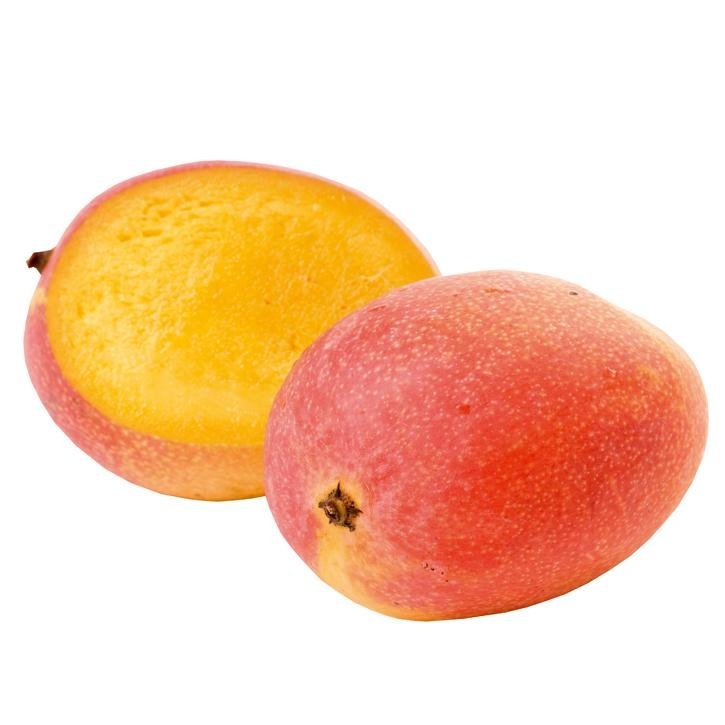An evergreen tree that reaches 25-40 m in height and grows in tropical Africa. The trunk is straight up to more than 2 m in circumference; it has buttresses at 3 m in height. The lateral branches are leafy and ascending, making the crown dense and spherical. It has a fruit known as African mango.
The fruits are used.
An extract is obtained from mango seeds, marketed as IGOB131R, with which studies have been carried out that have demonstrated the following actions:
Adjuvant in weight control treatments.
Diabetes
May cause slight headache and insomnia.
-.Ngondi, J.L., Oben, J.E., Minka, S.R. The effect of Irvingia gabonensis seeds on body weight and blood lipids of obese subjects in Cameroon. Lipids in Health and Disease 2005,
-.Oben, J.E., Ngondi, J.L., Blum, K. Inhibition of Irvingia gabonensis seed extract (OB131) on adipogenesis as mediated via down regulation of the PPARgamma and Leptin genes and up-regulation of the adiponectin gene. Lipids in Health and Disease 2008,
-.Judith L Ngondi1, Blanche C Etoundi1, Christine B Nyangono1, Carl MF Mbofung2 and Julius E Oben1.IGOB131, a novel seed extract of the West African plant Irvingia gabonensis, significantly reduces body weight and improves metabolic parameters in overweight humans in a randomized double-blind placebo controlled investigation. Lipids in Health and Disease2009
-.Ross SM. African mango a proprietary seed extract of Irvingia gabonensis is found ti by effective in reducing body weight and improving metabolic parameters in overweight humans. Holist Nurs Pract. 2011 Jul-Aug;25(4):215-7.
-.Onakpoya I, Davies L, Posadzki P, Ernst E. The efficacy of Irvingia gabonensis supplementation in the management of overweight and obesity: a systematic review of randomized controlled trials. J Diet Suppl. 2013 Mar;10(1):29-38.
